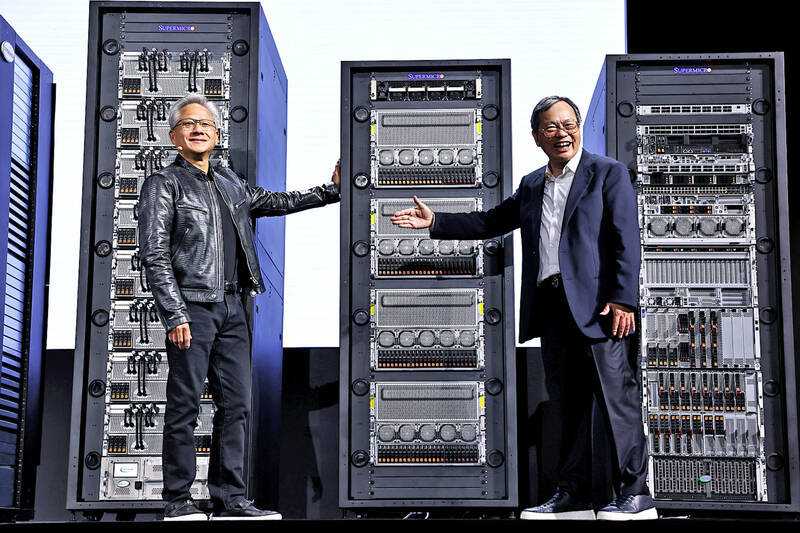
Nvidia partner Sustainable Metal Cloud (SMC) claims its innovative cooling technology can cut data center energy usage by up to 50% as the artificial intelligence (AI) boom drives demand for more power-efficient infrastructure. The company’s HyperCubes, which house Nvidia processors, use a synthetic oil called polyalphaolefin to submerge servers, improving heat dissipation compared to traditional air cooling methods. This approach aims to meet the growing need for efficient, high-density hosting solutions in AI data centers.
Tim Rosenfield, co-founder and co-CEO of SMC, highlighted that this technology not only supports advanced hosting for Nvidia’s latest AI processors, like the Grace Blackwell series, but is also more cost-effective. SMC claims its immersion cooling system is 28% cheaper to install than other liquid-based cooling solutions. The containerized design of HyperCubes allows them to be quickly deployed in various locations, including existing data centers, facilitating rapid expansion into new markets.
SMC, based in Singapore, is already making strides with major partners such as Nvidia and Deloitte. It offers GPU clusters designed by Nvidia and provides cloud computing infrastructure for AI applications. The company is expanding its market reach beyond Singapore, targeting new territories like Thailand and India. With backing from investors, including Singapore state investor Temasek-backed ST Telemedia Global Data Centres, SMC is currently seeking to raise $400 million in equity and $550 million in debt to support its expansion plans.
As the demand for AI and data centers continues to surge, there is a growing interest in liquid cooling technologies. Traditional data centers rely on air cooling, which requires significant space for air circulation to prevent overheating. Liquid cooling, by contrast, allows for denser server configurations, potentially enhancing power efficiency and reducing operational costs. Industry experts, such as Vertiv CEO Giordano Albertazzi, predict increased adoption of liquid cooling methods in the coming years, with hybrid and fully liquid-cooled solutions already gaining traction.

Image credit: CNA
Despite these advancements, challenges remain. Many existing data centers are not equipped for liquid cooling, whether through immersion or direct chip cooling methods. Rosenfield acknowledged that the industry is still determining the best approaches to implementing these technologies. As the market evolves, a combination of cooling strategies will likely be adopted to meet the diverse needs of high-density AI data centers.
Featured Image courtesy of Medium
Follow us for more updates on Sustainable Metal Cloud’s innovation.
